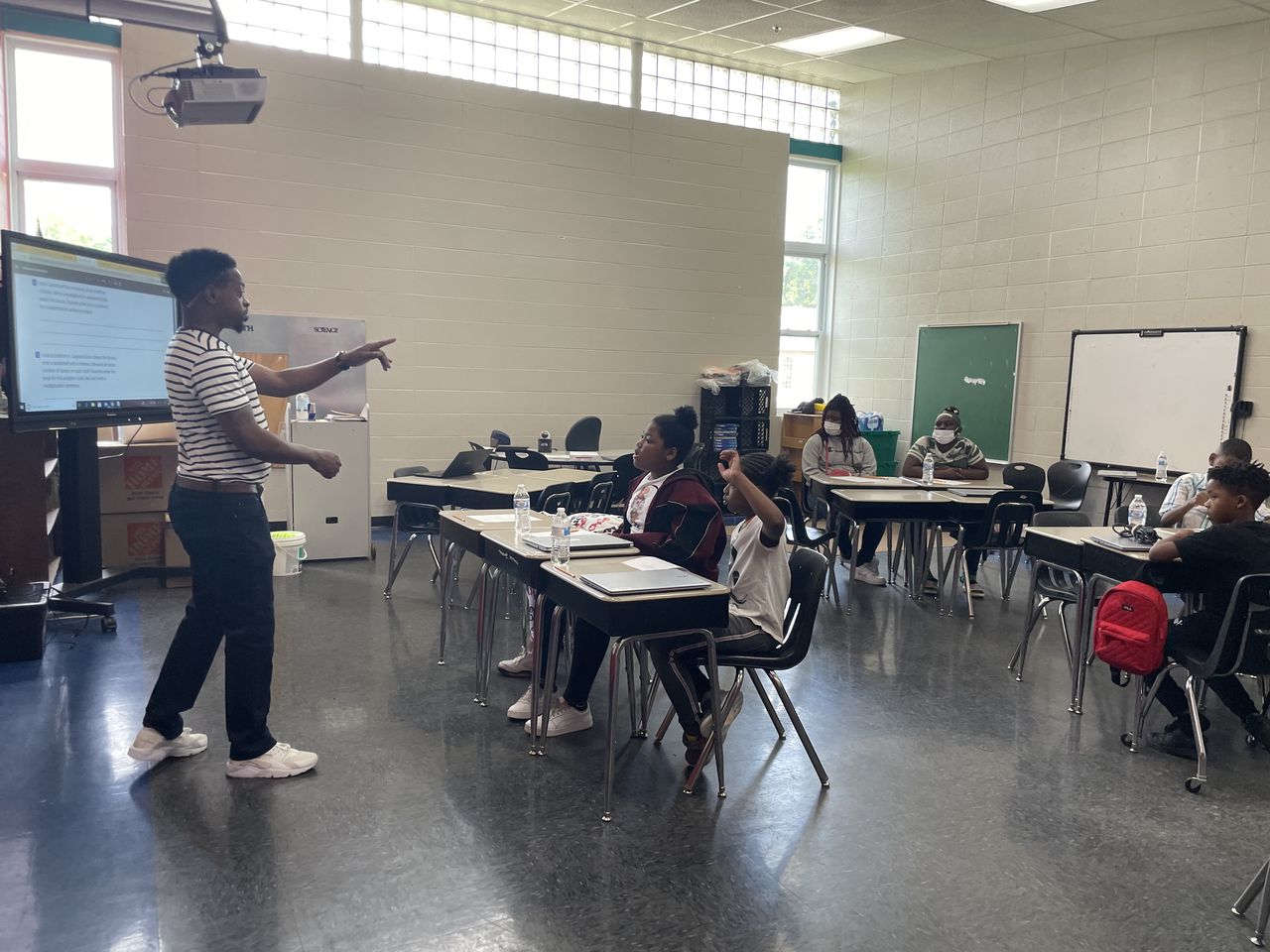Alabama legislature to tackle funding, school choice, divisive concepts and more
Education, and public schools in particular, became a flashpoint in a national culture war during the pandemic. From critical race theory to social emotional learning to book bans, citizens put school practices under a microscope.
Alabama lawmakers took up some of those mantles in 2022, passing laws last year prohibiting students from using a school bathroom or locker room not aligned with their assigned sex at birth and prohibiting any discussion of inappropriate topics in kindergarten through fifth grade classrooms.
It’s still unknown which of the issues will land in State House committee rooms this year as lawmakers haven’t prefiled many bills. But we have gotten a look at a few bills connected to K-12 education and schools:
The Alabama Board of Education has been hosting lawmakers during work sessions over the past year or so, discussing priorities for education in general. In those talks, lawmakers on both sides of the aisle have been clear about what they want: better outcomes for Alabama’s children.
In February, House Majority Leader Scott Stadthagen, R-Hartselle, and House Minority Leader Anthony Daniels, D-Huntsville, both spoke passionately about the need to provide resources to schools that are struggling, but neither got into specifics about what legislation they are considering.
One issue that both entities are working on is first grade readiness. Neither is pushing mandatory kindergarten, but they want children to be ready to enter first grade when the time comes. The board will vote March 9 to adopt a rule requiring school districts to assess a child’s readiness for first grade if the child has not attended kindergarten, and letting the school pick the test. Rep. Pebblin Warren, D-Tuskegee, has filed a bill that appears to work in tandem with the board’s new rule but gets more specific about eligibility based on the age of the child.
Senate Education Budget Chair Arthur Orr, R-Decatur, told AL.com in February he wants more training and additional pay for principals who complete that training. “The goal would be to raise the bar of the management and the culture in our schools which will ultimately benefit children and improve their educational environment,” Orr said. “And that’s certainly what we would like to see.”
And then there is the Education Trust Fund budget. No one knows how much money lawmakers will have to allocate for FY24, as that will be announced Tuesday morning.
Education officials pitched their requests to lawmakers in February, but it’s up to Gov. Kay Ivey to finalize department requests in her request. The budget request is released within the first few days of the session.
House Education Budget Chair Danny Garrett, R-Trussville, told reporters he expects teachers to get a modest pay raise, there is no final word on whether teacher raises are in the works. If raises are coming, Ivey would mention it when she makes her State of the State address on Tuesday evening. (Here’s last year’s speech.)
Lawmakers will also have to decide what to do with $2.7 billion in taxes in unexpected Education Trust Fund revenue that can be spent in the current fiscal year.
